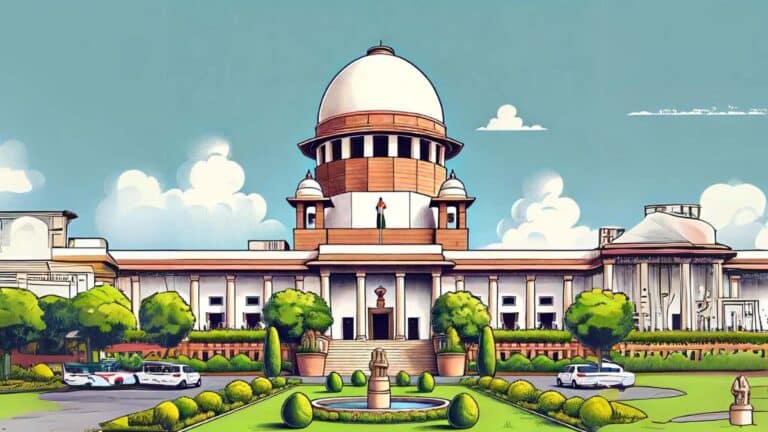The Supreme Court of India today delivered a strong rebuke of a growing misuse of the criminal justice system: filing First Information Reports (FIRs) primarily to recover money. The court declared such actions, in cases of financial dispute, a “clear abuse of the process of law” and emphasised that these matters fall squarely within the realm of civil litigation, not criminal prosecution.
Judicial Tension Between Civil and Criminal Remedies
In its ruling, the bench expressed frustration that High Courts had repeatedly permitted FIRs to be filed for money recovery, despite clear Supreme Court precedent discouraging this trend. Justices underlined that filing criminal charges for civil disputes, such as unpaid loans or contract defaults, not only misuses police resources but erodes public trust in criminal statutes. The court emphasised that allegations of fraud or intentional deceit must meet legal thresholds and should not be conflated with ordinary financial disputes.
The Supreme Court insisted that these disputes should be resolved through civil mechanisms such as arbitration, debt recovery tribunals, or commercial courts. Police and investigative agencies have no authority to act as quasi-civil courts, the apex court reiterated, underlining the need for a clearer separation between criminal and civil jurisdiction in financial matters.
Implications for Legal and Law Enforcement Practices
This ruling underscores a turning point in India’s legal landscape, reinforcing the principle that criminal law should not serve as a shortcut for financial claims. Solicitors and legal scholars welcomed the verdict, noting its potential to reduce frivolous criminal cases and free police forces to focus on genuine crime. Court statistics have suggested that a significant percentage of FIRs involve financial grievances, often filed under sections like cheating or breach of trust with questionable criminal intent.
However, critics caution that without adequate access to efficient civil resolution channels, such disputes may drag on longer and disadvantage less-resourced individuals who previously resorted to police filings for relief. Legal experts say this decision should be accompanied by reforms, such as increasing the capacity and speed of debt recovery tribunals for thermal legal redress in civil disputes.



